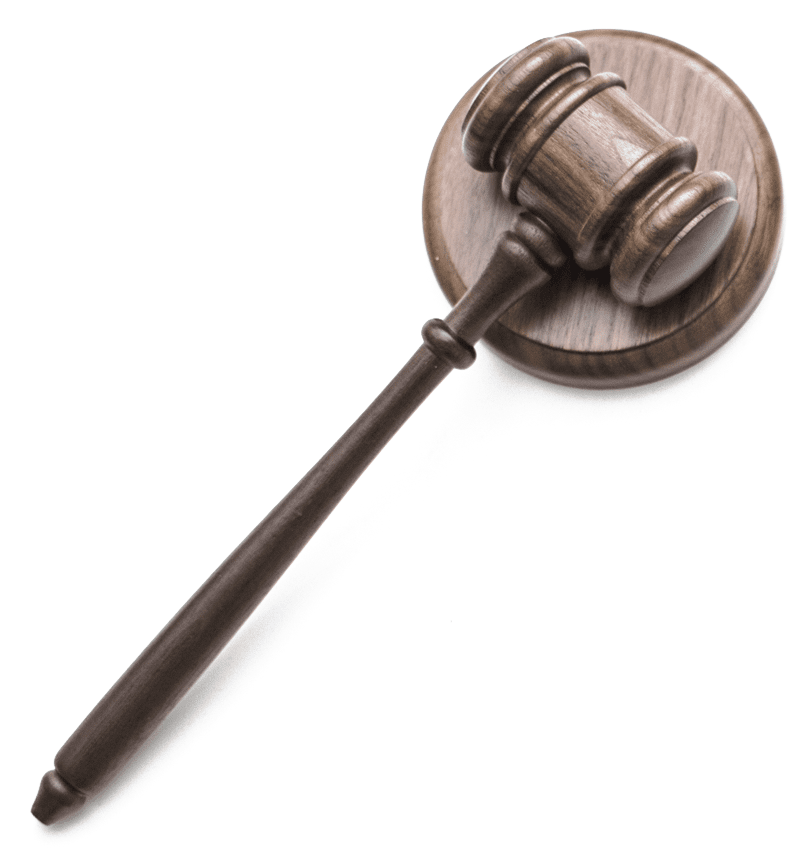Aggravated Assault is a serious criminal charge that involves the intentional use of force or violence against another person, with the intent to cause severe bodily harm or death. The charge is considered “aggravated” because it involves circumstances that make the crime more severe than a simple assault, such as the use of a deadly weapon, the intent to commit a serious crime, or causing serious injury.
The exact definition and penalties for Aggravated Assault vary depending on the jurisdiction, but some common elements include:
Use of force: The individual intentionally used force or violence against another person.
Intent: The individual had the intent to cause severe bodily harm or death.
Aggravating factors: There were circumstances that made the crime more severe, such as the use of a deadly weapon, the intent to commit a serious crime, or causing serious injury.
Serious injury or death: The victim suffered serious injury or death as a result of the assault.
Penalties for Aggravated Assault can be severe and include long prison sentences, fines, and a criminal record. As it is a serious charge it is advisable to hire a criminal defense attorney to defend the case.
An attorney can help defend against a charge of Aggravated Assault in a number of ways, including:
An attorney can help defend against a charge of Aggravated Assault in a number of ways, including:
Investigating the case: The attorney will thoroughly investigate the case by gathering evidence, interviewing witnesses, and reviewing police reports and other documents.
Building a defense: The attorney will use the information gathered during the investigation to build a defense strategy for the client.
Identifying legal issues: The attorney will identify any legal issues that may work in the client’s favor, such as self-defense, defense of others, or lack of intent.
Presenting evidence: The attorney will present evidence to the court that supports the client’s innocence or mitigates the severity of the charges.
Cross-examining witnesses: The attorney will cross-examine prosecution witnesses to challenge their testimony and credibility.
Negotiating a plea deal: The attorney may negotiate with the prosecution to secure a plea deal, which can result in a reduced sentence or lesser charges.
Representing the client in court: The attorney will represent the client in court, making arguments and presenting evidence on their behalf.
Representing the client in appeals: If the case goes to appeal, the attorney will represent the client throughout the appeals process.
Sentencing Advocacy: The attorney may provide representation during the sentencing phase of the trial and argue for a lenient sentence.
Consultation with an expert witness: If necessary, the attorney may hire an expert witness to provide testimony on the client’s behalf.
